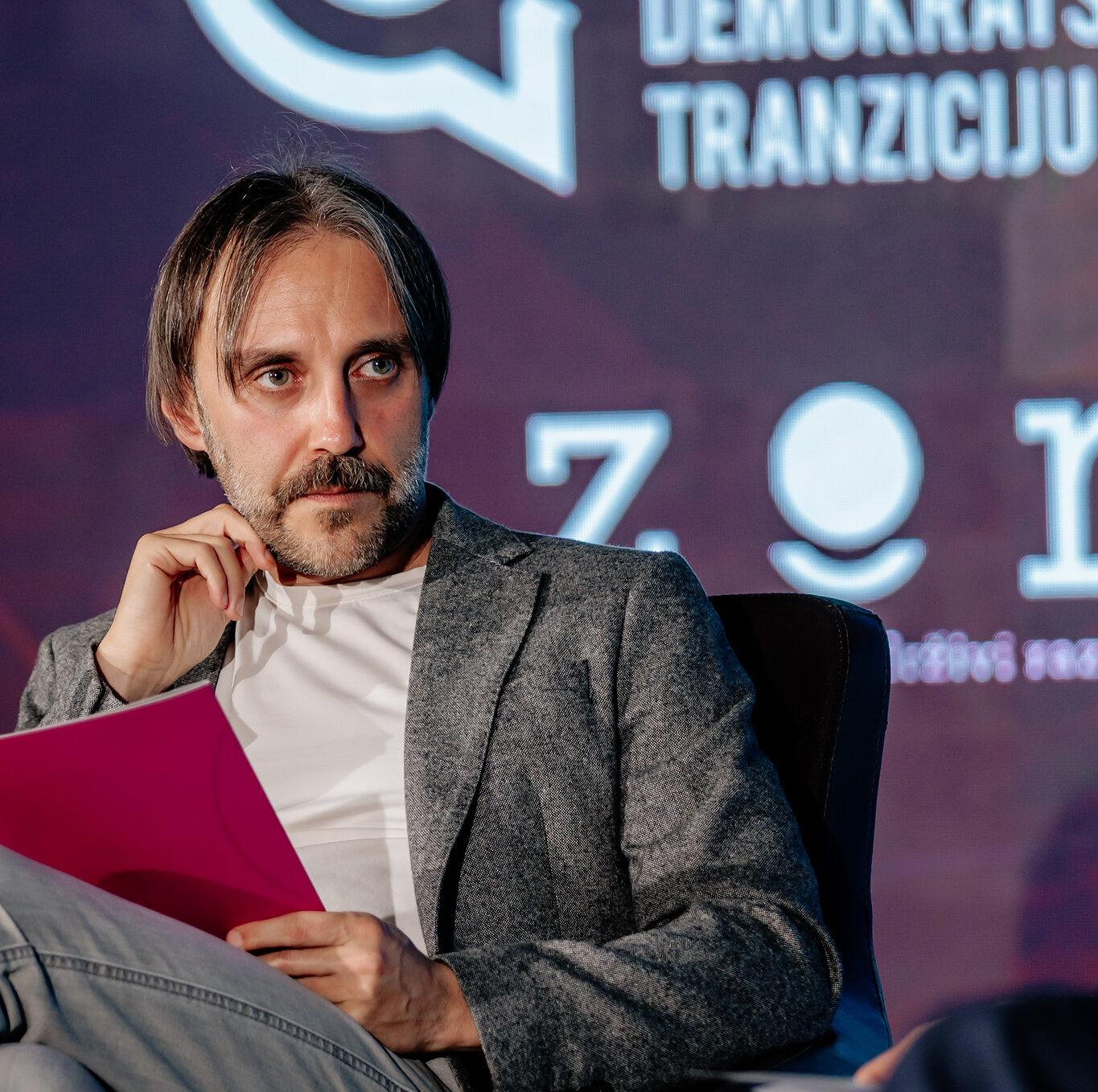In light of recent developments on the political stage, the Center for Democratic Transition (CDT) urges the ruling majority to urgently initiate a genuine and open dialogue to resolve the ongoing institutional deadlock. This dialogue must prioritize sustainable and effective solutions over the entrenched practices of dividing institutions into party-controlled zones and trading positions for political gains.
Since receiving the IBAR (Interim Benchmark Assessment Report), the government has systematically made incorrect and illegal decisions. Instead of fostering the rule of law and advancing reforms, this milestone has become a political setback, enabling a dangerous sense of impunity among decision-makers. This has brought our political system to the brink of a deadlock, and the achievements of the previous period are now slowly but surely being eroded.
The Parliament of Montenegro is currently at a standstill, with the risk of being unable to fulfill its societal role in the long term. Following a significant decline in legislative transparency, the opaque reconstruction of the government, and the disregard of democratic rules and standards—where MPs were degraded to the point of learning ministers’ names only hours before the debate—the Parliament has reached the level of consciously suspending the Constitution of its own country.
Electoral reform, once again, has been reduced to a bargaining chip for political maneuvering. The Committee for Comprehensive Electoral Reform has failed to deliver meaningful results, and the lack of political will to implement these reforms remains glaringly evident. We call on ruling coalition MPs to exercise restraint in this delicate moment, refraining from unilateral actions that could jeopardize or permanently derail one of Montenegro’s most critical democratic reforms.
Political interests and bargaining continue to dominate the security sector. The appointment of a new director of the National Security Agency) without adequate credentials for the role clearly shows that this sector is being led by politically loyal individuals.
Amendments to the IBAR law have been exploited to perpetuate political control over the public broadcaster RTCG. This part of “European reforms” has unfolded in such a way that RTCG is now more often mentioned in crime reports than in the context of strengthening its independence and program quality.
The Constitutional Court is once again on the verge of a blockade and under the evident control of political parties. Since the latest appointments and the completion of its composition, the court has failed to bring about the expected changes, either qualitatively or in terms of increased transparency and independence. There are no advances distinguishing the current composition from the previous one.
On top of these challenges, the government has also managed to create a serious problem with the Republic of Croatia. Instead of the initially announced ten or at least four chapters, only three were eventually closed, despite a significant part of the ruling majority insisting that there were no problems and none would arise.
Adding to this is the government’s avoidance of enacting key laws (on free access to information, Parliament, government, self–determination…), its suspension or simulation of public consultations, and the fact that, instead of addressing clear cases of sexual harassment of students by teachers in our schools, it trivializes these incidents to protect party affiliates. Meanwhile, political parties fail to form governments in the most crucial municipalities. The overall picture of our reality becomes truly unbelievable.
Therefore, if the government genuinely desires the progress of this society, it must urgently restrain itself and begin taking steps that lead to solutions rather than further radicalizing the political situation in our country.
Dragan Koprivica, Executive Director of CDT



